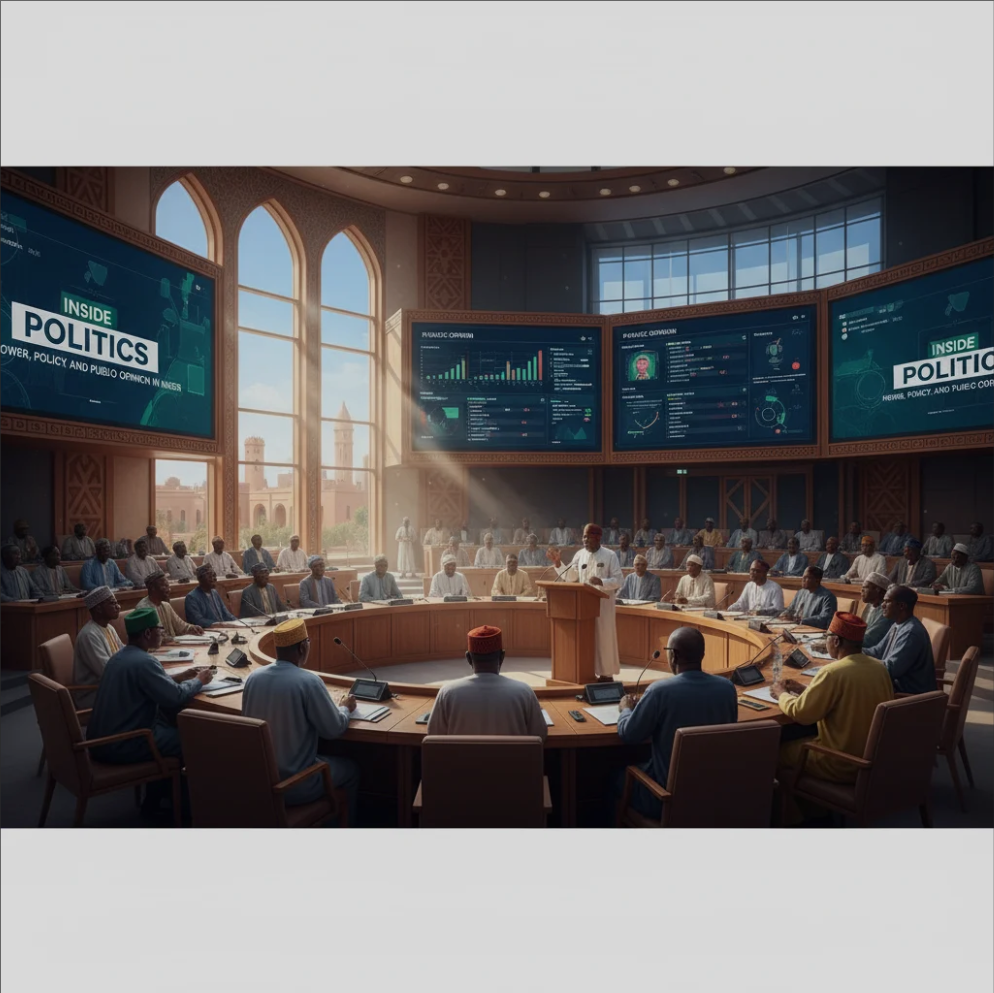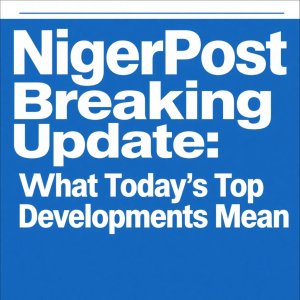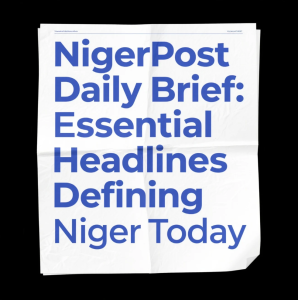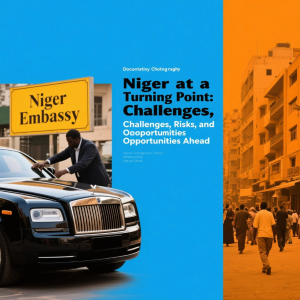Politics in Niger has always been a delicate balance between tradition, governance, and the will of the people. As one of West Africa’s most strategically located nations, Niger’s political developments ripple across the Sahel and beyond. In 2025, understanding how power, policy, and public opinion interact offers insight into the country’s evolving identity and future direction.
🇳🇪 Power: Leadership and Political Shifts
Over the years, Niger has experienced cycles of democratic progress and political tension.
Military influence and civilian governance have long shared an uneasy relationship, shaping the nation’s approach to leadership and reform.
Recent shifts in leadership reflect a growing demand for stability, transparency, and local empowerment. Yet, challenges remain — from managing regional security to navigating foreign partnerships.
Key Insight:
Power in Niger is not just about who leads, but how leadership is exercised — balancing national priorities with international pressures.
🏛️ Policy: Balancing Growth and Governance
Public policy in Niger often centers on three major pillars: economic development, education, and security.
- Economic Policy: Efforts are focused on diversifying beyond uranium exports and building agricultural resilience.
- Education & Youth: With a young population, access to education and job creation remain central to long-term progress.
- Security: Ongoing threats in border regions continue to influence budget allocations and foreign cooperation.
Policymakers face the challenge of implementing reforms that encourage growth while protecting national sovereignty.
💡 Pro Tip for Observers: Follow Niger’s collaboration with ECOWAS and the African Development Bank — both crucial players in shaping economic and social policy outcomes.
🗣️ Public Opinion: The Pulse of a Young Nation
Public sentiment in Niger is increasingly shaped by youth activism, digital media, and community dialogue.
From Niamey to Agadez, citizens are using social platforms to voice opinions on governance, corruption, and opportunity.
The rise of independent journalism and civil society groups reflects a shift toward greater political engagement and accountability.
Despite obstacles, these voices represent a growing movement toward a more inclusive political culture.
📊 Did You Know? Over 60% of Niger’s population is under 25 — making young voters a powerful force in shaping future elections.
🌍 Regional and International Dynamics
Niger’s political path is deeply connected to its neighbors.
Bordering Nigeria, Mali, Chad, and Algeria, the country stands at the crossroads of regional security, trade, and diplomacy.
Recent global attention on Sahel security has also drawn foreign aid and military partnerships, raising questions about dependency and sovereignty.
Balancing cooperation with autonomy remains a defining challenge for Niger’s policymakers.
⚖️ The Road Ahead: Governance and Opportunity
As Niger continues to navigate political transformation, the future depends on sustainable governance and citizen trust.
Empowering local communities, ensuring fair elections, and improving infrastructure could pave the way toward lasting stability.
What remains clear is that the voice of the people — informed, engaged, and increasingly connected — will be central to defining Niger’s next chapter.
🕊️ Conclusion: A Nation in Motion
Niger’s story is one of resilience, reform, and renewal.
Power structures are evolving, policies are being redefined, and public opinion is louder than ever.
As the nation looks to the future, the most powerful force may not be the state or the military — but the collective will of its people.




